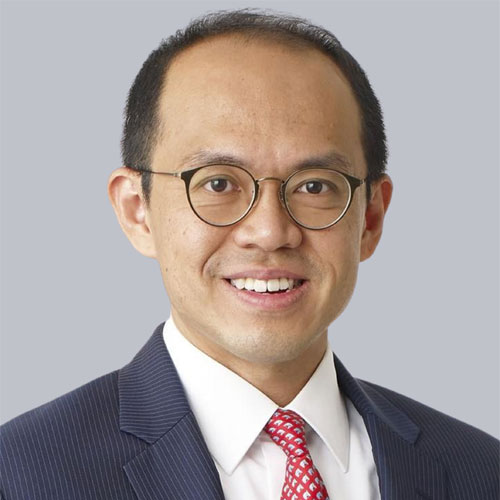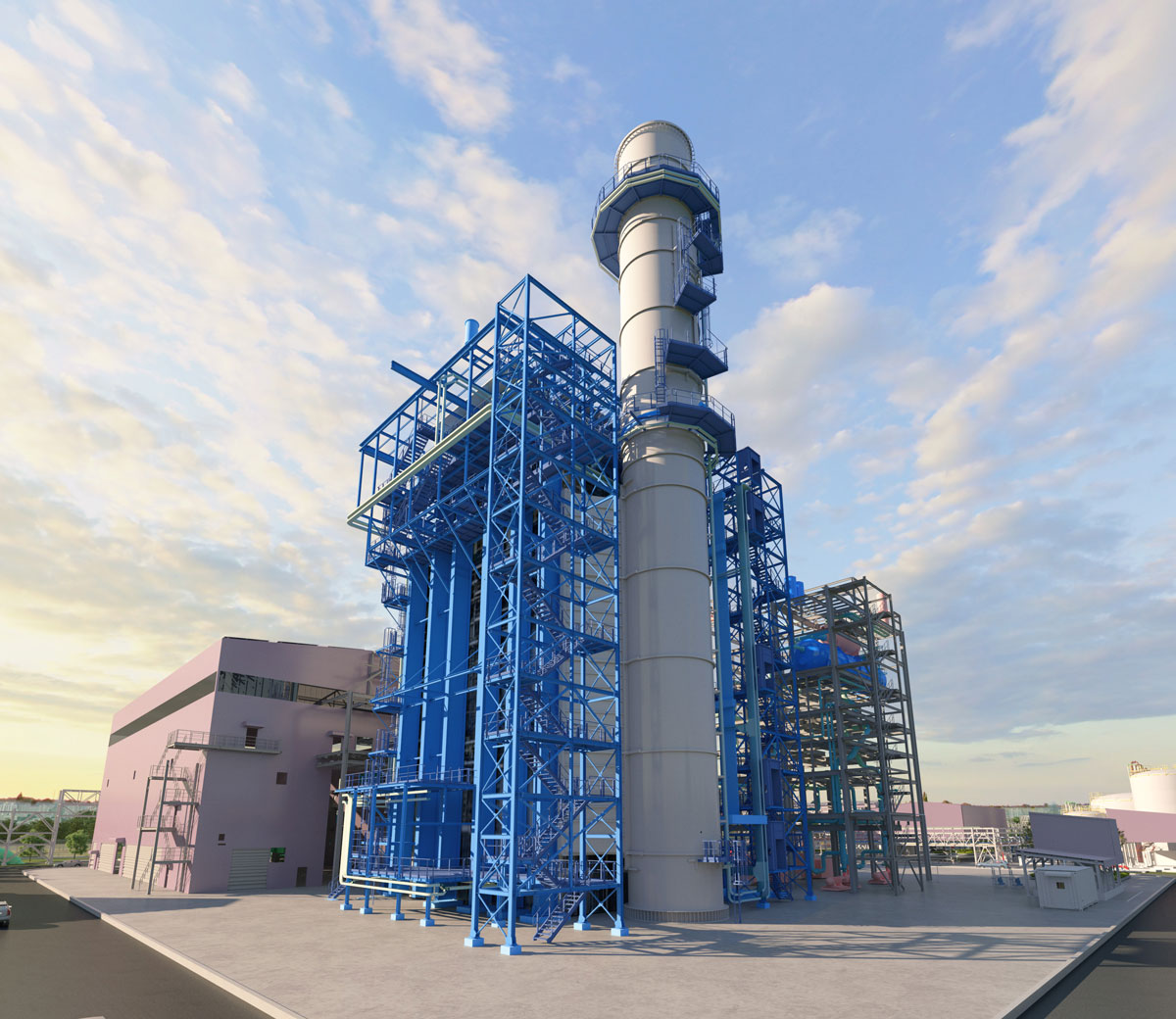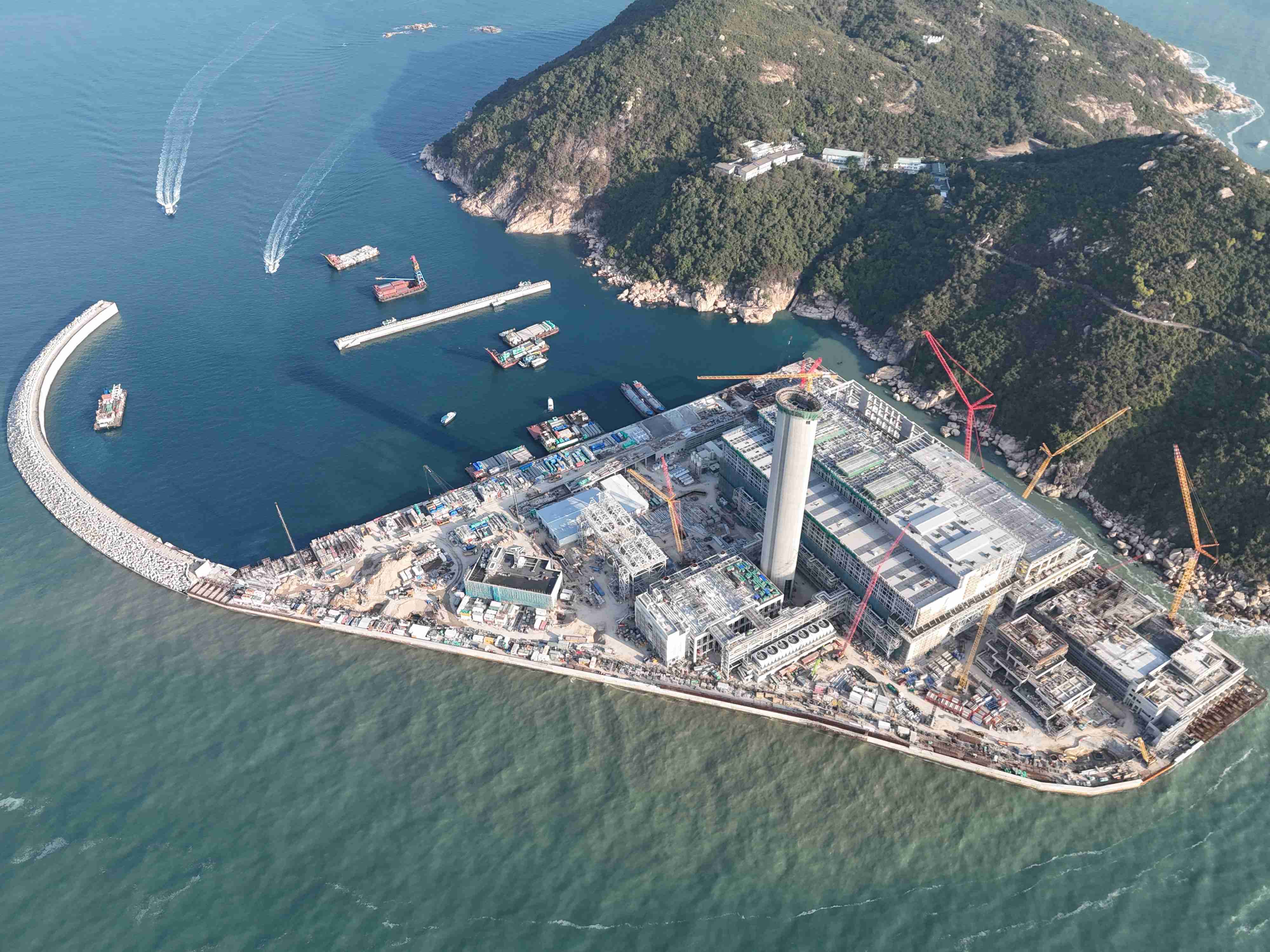Keppel’s Deputy CIO and CIO, Infrastructure, Jopy Chiang, was a panelist at the Preqin APAC Webinar on Real Estate & Infrastructure 2025. Insights features highlights from his sharing on the growing infrastructure opportunities in Asia Pacific.
As private capital hunts for steady returns in an uncertain world, infrastructure is becoming an increasingly attractive prize. Keppel, a global asset manager and operator with deep infrastructure expertise, is capitalising on this demand by creating and managing strategic assets — from power generation, waste-to-energy (WTE) and water treatment plants to digital infrastructure. In a sector where operational expertise is vital, Keppel’s integrated model is helping investors tap into a diverse range of alternative real assets across the risk-return spectrum.
As demand for AI and digital services accelerates, the spotlight is turning to the infrastructure that makes it all possible. Power generation, off-grid energy, renewables, and subsea cables are becoming critical enablers, providing the essential capacity for increasingly advanced hyperscale data centres to operate reliably, efficiently, and sustainably. “Data centres and energy infrastructure are tied at the hip, which means that there will need to be a substantial build-up of electricity production sources to power the data centres that are expected to come online,” said Chiang.
As a General Partner that is focused on alternative real assets with deep operating capabilities including across energy and digital infrastructure, Keppel provides a holistic solution that marries our deep domain expertise in infrastructure and green energy importation with our data centre platform.

With data centres projected to account for around 3-4% of global electricity consumption by the end of the decade, the race is on to secure more power, more sustainably. Singapore, for example, aims to accelerate the use of green energy in data centres to expand capacity. As a licensed importer of electricity, Keppel is leading projects to import up to 1.4 GW of low-carbon electricity from the ASEAN region into Singapore. This puts the Company in pole position to help resolve the power ‘gridlock’ for new developments, such as the third building of the Keppel Data Centre Campus in Singapore, which is being planned.
“We are proposing a 1 GW subsea electricity interconnector that will pull in clean energy from Cambodia all the way to Singapore. We also have 300 MW of low-carbon electricity that will be wheeled in from renewable sources off the southern islands of Indonesia into Singapore, where on the upstream side, we will be building more than 2 GW of solar PV plants paired with battery energy storage systems,” Chiang elaborated.
 An artist’s impression of the Keppel Sakra Cogen Plant, the first hydrogen-compatible power plant in Singapore, which will be ready for operations in 1H 2026.
An artist’s impression of the Keppel Sakra Cogen Plant, the first hydrogen-compatible power plant in Singapore, which will be ready for operations in 1H 2026.Other upcoming assets, such as Singapore’s first hydrogen-compatible power plant – the Keppel Sakra Cogen Plant, developed by Keppel and co-owned with the Keppel Asia Infrastructure Fund – will also play an important role in decarbonising power intensive industries, including data centres.
“We have an exciting pipeline of projects, and we are increasingly seeing this energy thematic comprise a very substantial share of deal values,” Chiang said. “As a General Partner that is focused on alternative real assets with deep operating capabilities including across energy and digital infrastructure, Keppel provides a holistic solution that marries our deep domain expertise in infrastructure and green energy importation with our data centre platform. It is a powerful combination, and we are starting to see more of these intersecting points across asset classes."
Keppel is advancing its digital infrastructure with investments like the Bifrost Cable System, set to be completed in 2H 2025 with a projected IRR exceeding 30%. Strengthening this strategy, Keppel’s infrastructure fund and listed trust have also acquired a majority stake in Global Marine Group, a subsea cable solutions leader.
Another increasingly prevalent infrastructure theme in Asia Pacific, according to Chiang, is environmental solutions. From WTE plants to desalination and water treatment facilities, a growing demand for cleaner, more resilient cities is fuelling growth in such essential assets.
Keppel is a leading provider of environmental solutions, offering an integrated suite of essential services spanning design, engineering, technology development, construction, as well as operations and maintenance. Its WTE technology, in particular, has gained strong traction across Asia Pacific and Europe, providing effective solutions for waste management and energy recovery.
 The Hong Kong Integrated Waste Management Facility, built on an artificial island, will be capable of treating about 3,000 tonnes of mixed municipal solid waste per day, while generating about 480 million kilowatt-hours of green energy per year.
The Hong Kong Integrated Waste Management Facility, built on an artificial island, will be capable of treating about 3,000 tonnes of mixed municipal solid waste per day, while generating about 480 million kilowatt-hours of green energy per year.Chiang shared, “We have seen appetite and demand from both emerging and developed economies for better waste treatment solutions, as some jurisdictions are reaching their landfill capacities. For example, Keppel is building Hong Kong's first Integrated Waste Management Facility and Australia’s first WTE facility in Kwinana. We also have a waste management company in South Korea and operate two WTE plants in Singapore."
On Keppel’s strong investment and financial track record across the energy, waste and digital infrastructure sectors, Chiang said, “We have slated a pipeline of deals in close succession over the next 12 months across Keppel’s proprietary and third-party platforms, where we expect to achieve strong returns in the mid-to-high teens, adding credence to Keppel’s operational and value creation capabilities."
As the challenges of urbanisation, climate change and digitalisation drive unprecedented demand for modern energy, water and waste solutions, as well as digital connectivity, infrastructure platforms like Keppel’s offer investors a rare combination: access to defensive real assets critical to national agendas, predictable cashflows, and exposure to some of the fastest-growing sectors of the next decade.